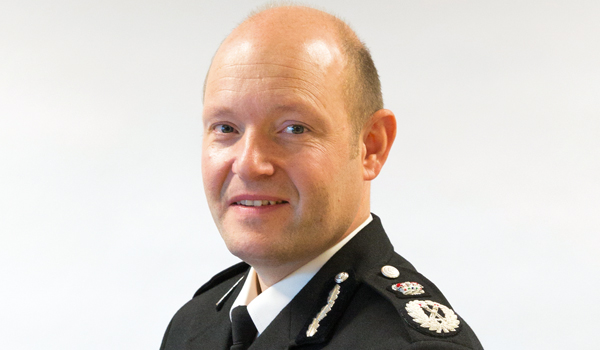Thumbs up for mobile fingerprinting trial
A hand-held mobile fingerprinting device being trialled by Northamptonshire Police on roads in the county has saved hundreds of hours of police time and led to a significant number of arrests.
The device has proved so successful in trials that it will now be rolled out for use more widely by police officers.

A hand-held mobile fingerprinting device being trialled by Northamptonshire Police on roads in the county has saved hundreds of hours of police time and led to a significant number of arrests.
The device has proved so successful in trials that it will now be rolled out for use more widely by police officers.
Twelve police officers from the Northamptonshire Police Road Crime Unit have been using six devices as part of Operation Lantern, a national, one-year trial of the hand-held mobile fingerprinting devices that began in January 2007. Northamptonshire Police was one of ten forces across the country to take part in the trial.
The device has allowed officers to carry out fingerprint identity checks by the side of the road, saving time that would have been spent in taking people to the police station and also potentially saving some people the inconvenience of being arrested while they have their identity checked.
Generally, an officer who is not satisfied with the identity of someone who has committed an offence would arrest them and take them to a suitably equipped custody suite in order that relevant checks can be made.
The mobile fingerprinting device enable officers to do this at the roadside, thereby avoiding unnecessary arrests and police officer time spent at the police station rather than on the street.
Since the trial began, officers have used the mobile fingerprinting device 477 times. Each time it is used it has saved an average of 1hr 23 minutes in police time a total of almost 364 police hours across the year.
Mobile fingerprinting has also allowed Road Crime Unit officers to identify 300 people who may not otherwise have been identified and to make 74 arrests.
The trial has been managed nationally by PITO, the Police IT Organisation, and was intended to complement Automatic Number Plate Recognition (ANPR) technology, which allows vehicle number plates to be cross-checked against a number of databases to identify vehicles that are of interest to the police.
Sergeant Pete Gill of the Northamptonshire Police Road Crime Unit said that the mobile fingerprinting technology had proved to be a very useful tool. Being able to quickly establish someones identity means that fewer criminals can evade justice and reduces the time police officers are having to spend away from the frontline at police stations.
Taking someone into a police station to take their fingerprints can take some considerable time. With this technology, we can achieve the same result in just two minutes by the side of the road.
Fingerprints are taken only from people who are suspected to have committed offences and those who are suspected to have given false details or whose identity is otherwise unknown. It does not mean that all motorists stopped by police will now be fingerprinted.
The Lantern device works by electronically scanning the subjects index fingers, which are sent to the central fingerprint database using encrypted wireless transmissions.
A real-time search against the national fingerprint collection of 6.5 million prints is then performed. Any possible matches are identified and returned to an officer in a target time of less than five minutes.


